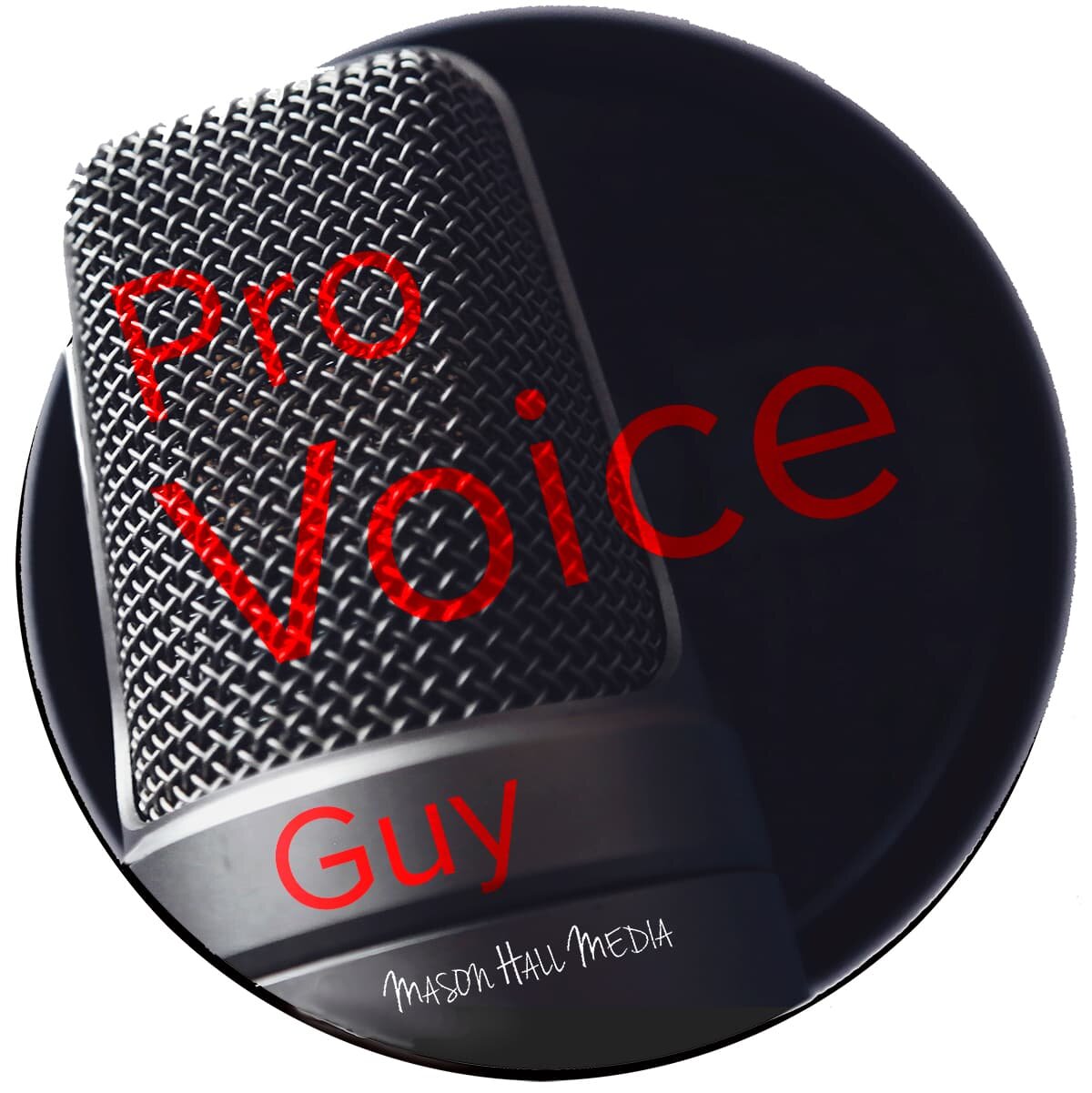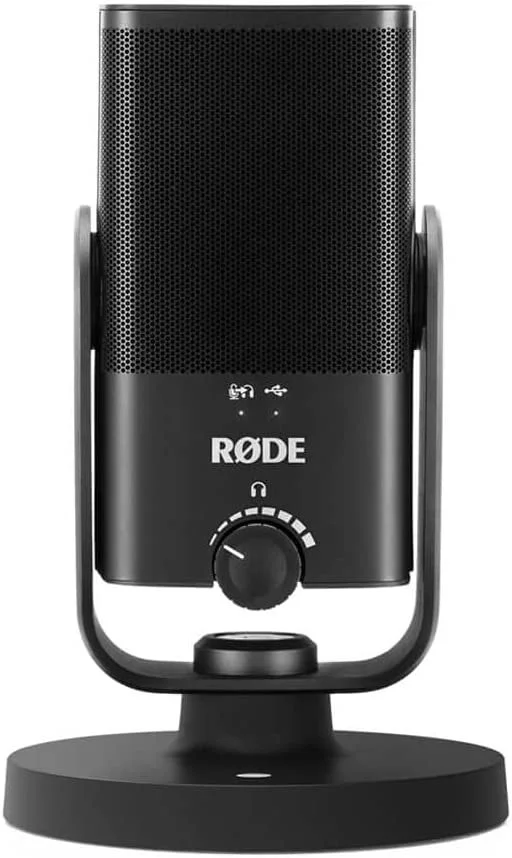USB vs. Analog Microphones: A Beginner's Guide to Choosing the Right Option for Podcasting
Choosing Between USB vs. Analog Microphones
Looking for more insight into finding the right microphone? Check out Dynamic vs Condenser Microphones – A Simple Guide for Podcasters. Once you understand both pieces, you should be ready to make the right choice in a mic. I may make a commission on some links listed on this page.
If you are starting a podcast and in the market for equipment or think it may be time to upgrade, you have more choices than ever when it comes to microphones. The first decision you must make is between USB and analog (or XLR). Here is what you need to know and some options for each type.
Understanding USB Microphones
USB microphones are designed to connect directly to your computer or mobile device through a USB port. These microphones have a built-in analog-to-digital converter (ADC) that converts sound into a digital signal, allowing you to record audio directly onto your computer.
Here are some key points to consider:
Ease of Use – USB microphones are incredibly user-friendly. They eliminate the need for additional audio interfaces or complicated setups. Plug the microphone into your device, and you're ready to start recording.
Budget-Friendly – USB microphones are often more affordable compared to analog microphones. They offer a cost-effective solution for podcasters who are just starting out or have a limited budget.
Portability – USB microphones are generally lightweight and portable, making them convenient for podcasters who need to record on the go. You can easily connect them to laptops or mobile devices for recording outside of a traditional studio setup.
Exploring Analog Microphones
Analog microphones, or XLR microphones, require an audio interface to connect to your computer. These microphones capture sound in its raw analog form, which must be converted to a digital signal using an audio interface before it can be recorded onto your computer.
Let's consider some aspects of analog microphones:
Audio Quality – Analog microphones often offer superior audio quality due to their larger diaphragms and better overall construction. They are widely used in professional recording studios and radio stations, where audio fidelity is critical.
Versatility – Analog microphones provide flexibility and customization options. With analog microphones, you can swap out different XLR cables and connect them to various audio interfaces, giving you more control over your recording setup. This modularity allows for more advanced adjustments, such as using different preamps or adding external effects.
Longevity – Analog microphones have been in use for many decades and have a proven track record of reliability. They are built to withstand heavy use, making them an excellent investment for podcasters looking for long-term durability.
Choosing the Right Microphone for Your Needs
To decide between a USB microphone and an analog microphone, consider the following factors:
Budget – If you're just starting out or have a limited budget, a USB microphone is a great choice. It offers simplicity and affordability without compromising on audio quality.
Audio Quality – If you prioritize top-notch sound quality and have the resources to invest in additional equipment, an analog microphone paired with an audio interface can provide excellent results.
Portability – If you're constantly on the move or recording outside of a traditional studio environment, a USB microphone's portability and plug-and-play convenience might be the better option for you.
Future Expansion – If you anticipate growing your podcasting setup and want more flexibility for upgrades and customizations, an analog microphone setup will offer greater possibilities.
Popular USB Microphones
Blue Yeti USB Microphone – $99.99
The Blue Yeti is renowned for its versatility and excellent audio quality, making it a top choice among podcasters and content creators.
Rode NT-USB Mini – $97.99
A compact and budget-friendly option, the Rode NT-USB Mini offers impressive sound quality and is ideal for podcasters on the move.
Popular Hybrid Microphones
These microphones can be connected via USB or XLR, offering flexibility and expansion possibilities.
Audio-Technica ATR2100x-USB – $97.00
This microphone is known for its affordable price, durability, and clear sound quality, making it a favorite for beginners and intermediate podcasters alike.
Shure MV7 USB/XLR Microphone – $249
Inspired by the popular SM7B (see below), the MV7 has many great features and flexibility.
Popular Analog (XLR) Microphones
Shure SM7B – $393.90
A staple in professional recording studios and popular among podcasters, the Shure SM7B is known for its exceptional audio quality and versatility.
Electro-Voice RE20 – $449
Another favorite in broadcasting and podcasting, the RE20 delivers warm and natural sound reproduction with minimal background noise.
Audio-Technica AT2020 – $99
This affordable XLR microphone balances quality and price, making it a popular choice for budget-conscious podcasters.
If you do decide on an analog XLR microphone. Be sure to pick up an audio interface. I will cover some options in a future post.








